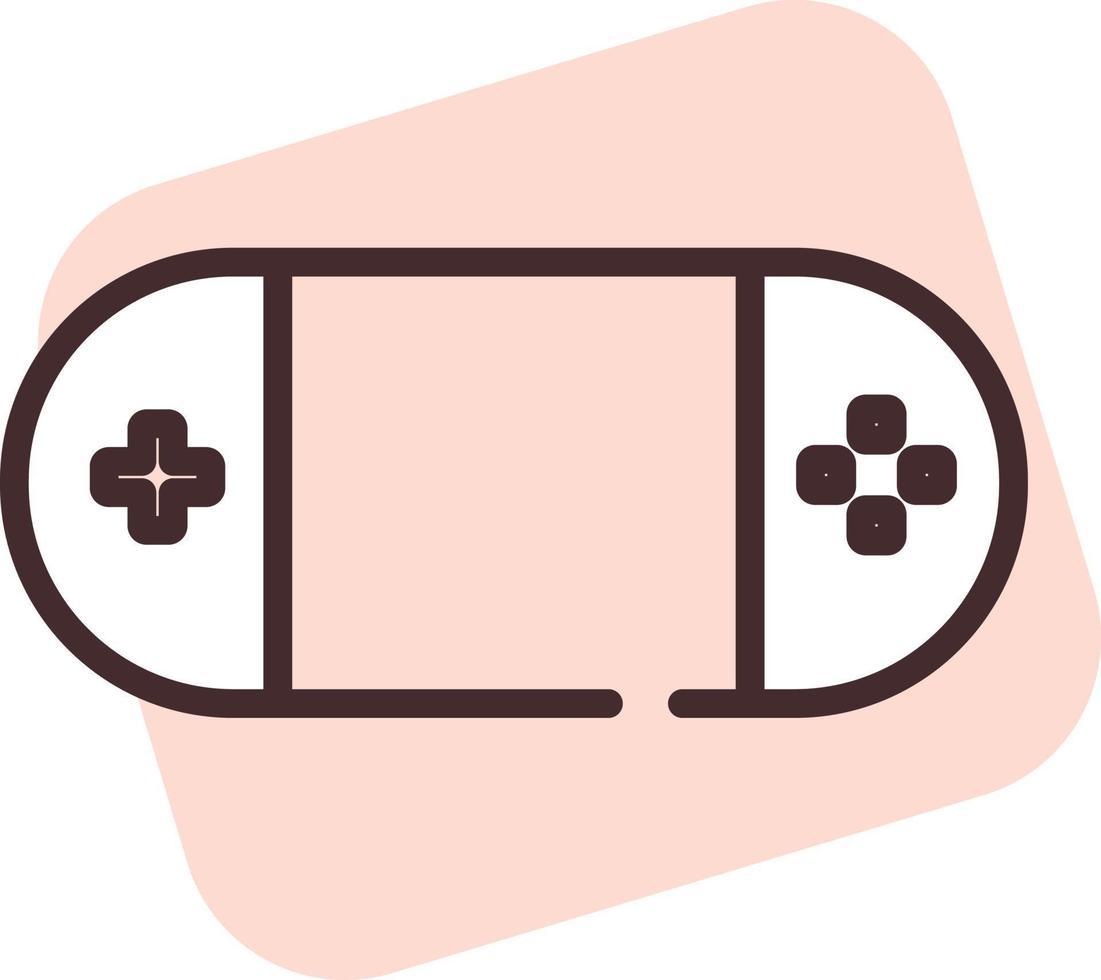-
Новости
- ИССЛЕДОВАТЬ
-
Статьи пользователей
-
 FAQ
FAQ
When mental health meets the law

In terms of mental health, Australia's judicial system has always struggled to strike a balance between justice and compassion. Courts are responsible for safeguarding public safety while also protecting the rights of people whose acts are influenced by disease or impairment. High-profile examples in recent years have raised debate about whether the system is effectively prepared to deal with complex situations in which criminal behavior is linked to psychiatric problems.
The relationship between crime and mental illness
The link between crime and mental illness
Health disorders are overrepresented in the criminal justice system. Schizophrenia, bipolar disorder, and extreme anxiety are all conditions that can have an impact on decision-making, behavior, and reality perception. When these illnesses are not treated or managed properly, they might lead to criminal charges.
The primary argument is whether people in these situations should be held completely liable for their conduct or if the law should recognize decreased culpability owing to impaired mental function. This quandary is at the heart of numerous discussions in both the legal and medical fields.
How courts assess mental health
In most Australian courts, psychiatric exams are used to identify the role of mental illness in criminal cases. Psychiatrists and psychologists are frequently called upon to provide expert testimony regarding a defendant's mental state at the time of the offense.
Some of the important concerns are:
-
Whether the individual recognized the significance of their acts.
-
If they could recognize good and wrong at the time.
-
Whether their disease impairs their ability to control their actions.
This information can affect sentencing decisions, sometimes resulting in treatment orders rather than jail. However, it raises questions about public safety and whether the community believes justice is being delivered.
A case that highlights the complexity
Jessica Camilleri's case exemplifies the intersection between mental health and law. Her case received global attention because it entailed extreme violence committed by a person with a known history of mental illness. The court procedures became a focal point for debates on whether psychiatric therapy should take precedence over punishment and how far the law should go to recognize diminished culpability.
This case, like many others, established that, while mental illness can play an important part, it does not negate the fact that victims and their families deserve justice and closure.
Public opinion and stigma
One of the ongoing issues is public perception. Cases concerning mental illness frequently result in polarized opinions. Some Australians believe that admitting mental health in court is a justification for criminal behavior, but others say that failing to account for it is unjust and useless in preventing future harm.
The media's coverage contributes to this division. Public perceptions of mental illness and its impact on crime can be influenced by high-profile examples like Jessica Camilleri's. While some publications raise awareness about the lack of support services, others may unintentionally reinforce stigma by focusing primarily on the crime and not the underlying health concerns.
The role of treatment in justice
Many specialists believe that prison is not the best location for people with serious psychological issues. Instead, secure mental health centers that prioritize treatment and rehabilitation are regarded as a more successful solution. Treatment can lower the likelihood of reoffending, improve quality of life, and address the underlying causes of behavior.
However, resources are scarce. Mental health services in Australia are underfunded, with high wait times and limited support networks. This implies that some people do not get the attention they require until they are already in the legal system.
Balancing safety and compassion
The judicial system must strike a delicate balance between community safety and compassion for those with mental illnesses. A sentence that is overly harsh risks aggravating psychiatric problems, whereas one that is too lenient may damage public trust in justice.
Specialized mental health courts, which already exist in parts of Australia, could provide a middle ground. These courts seek to address the underlying causes of criminal behavior while maintaining accountability. They also connect offenders to health resources, which reduces the likelihood of repeat offenses.
Moving forward
Improving results where mental health and the law meet necessitates a multifaceted approach. Key steps include:
-
Increased funding for mental health care: More accessible treatment may prevent crises from turning into criminal behavior.
-
Better community support networks: Early intervention programs, counseling, and rehabilitation services help to lessen hazards.
-
Public education campaigns: Reducing stigma helps communities recognize that mental illness is a health issue, not only a criminal offense.
-
Collaboration between courts and healthcare providers: practitioners provide fair, safe, and successful outcomes.
Conclusion
The convergence of mental health and the law will always be difficult, but it also represents a chance for Australia to develop a more compassionate judicial system. Courts can achieve outcomes that respect both individual circumstances and community safety by recognizing the impact of mental illness, investing in appropriate treatment, and guaranteeing accountability.
For Australians, the conversation is about more than just crime; it is about creating a culture in which support is available before tragedy strikes, and justice is administered with fairness and compassion.
For More Information visit: julkkistrendi & sverigetimes
- Art
- Causes
- Crafts
- Dance
- Drinks
- Film
- Fitness
- Food
- Игры
- Gardening
- Health
- Главная
- Literature
- Music
- Networking
- Другое
- Party
- Religion
- Shopping
- Sports
- Theater
- Wellness
